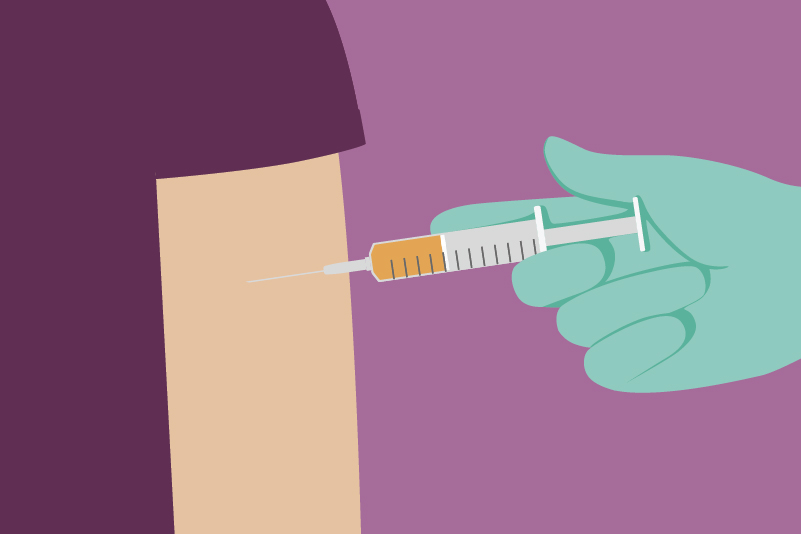#99 Will the Flu Shot Help my Grandma and Grandpa?

Reading Tools for Practice Article can earn you MainPro+ Credits
Join NowAlready a CFPCLearn Member? Log in
- Netherlands: Double blinded RCT of flu shot versus placebo in 1,838 patients, mean age 67 years, 87% without previous vaccination.2,3
- Influenza (influenza-like illness plus serology): Vaccine 1.7%, placebo 4.2%, Number Needed to Treat (NNT)=40.
- Mortality rates not reported.
- Adverse events: Local reactions more common, systemic effects similar.3
- United Kingdom: Smaller, single-blinded, less generalizable (729 patients with co-morbidities excluded) placebo-controlled RCT of flu shot after all received pneumococcal vaccine.4
- No difference in influenza, pneumonia, hospitalization for respiratory illness or mortality.
- RCT of 614 nursing home patients: Lower quality, multi-armed, placebo-controlled RCT of flu shot +/- live intranasal vaccine.5
- Only the combination of flu shot plus live intranasal vaccine significantly decreased influenza rates (4.5% versus 12.8% placebo, NNT=13).
- Study appears underpowered to show benefits of other interventions.
- Mortality rates not reported.
- Cohort studies demonstrated large reductions in hospitalizations and mortality, but are confounded by healthy user effect1 as:
- Benefits seen outside of influenza season.
- Overall mortality reduction is greater than reduction in influenza, hospitalizations, and deaths due to respiratory illnesses.
- Based on this observational data, Canadian guidelines recommend vaccinating elderly to decrease influenza related morbidity and mortality.6
- For Canadians ≥65 years, the annual influenza death rate is ~100/100,000.7,8
- Cardiovascular disease and cancer deaths are at least 25 times more common.8















Would be nice to see if there is an update post COVID